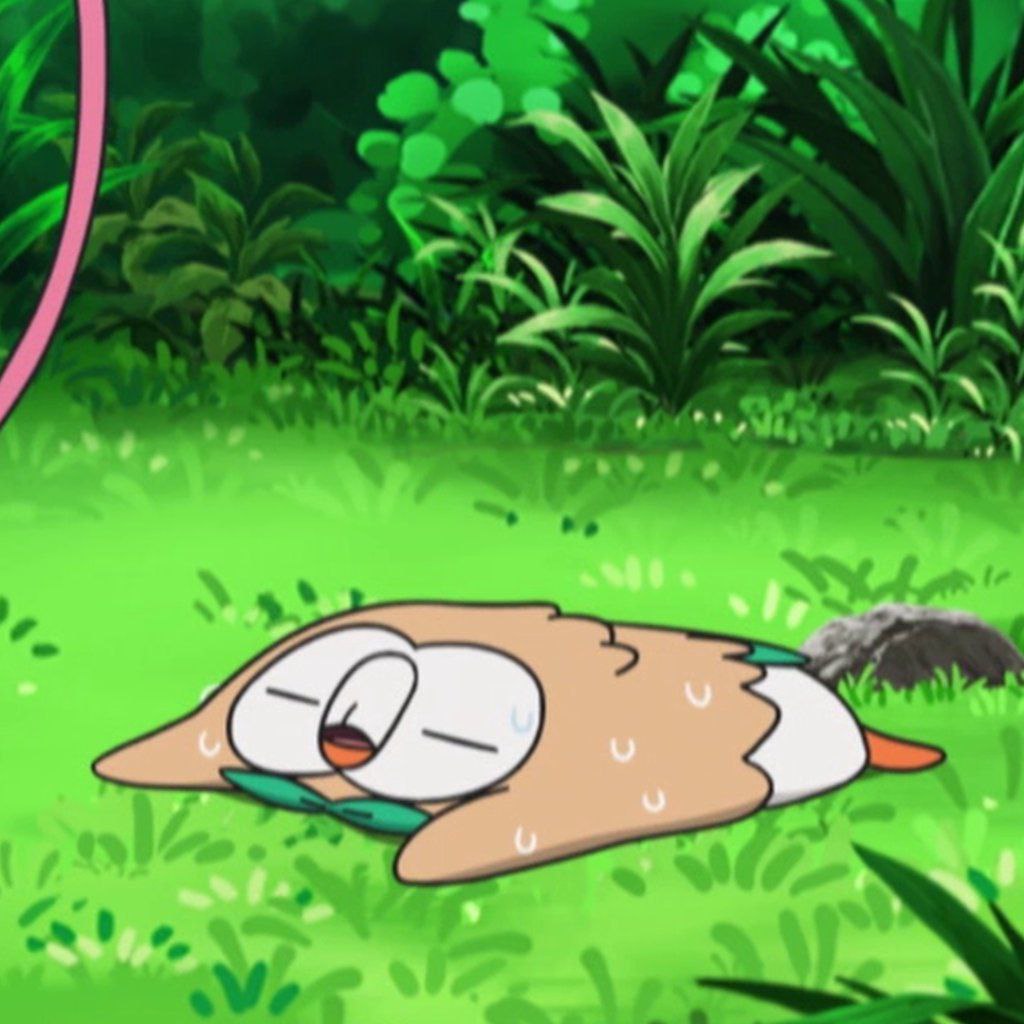I’ve been thinking about it for a while now, and just realized how weird it is, after trying to explain it out loud to a friend who’s also neurodivergent.
I’m curious to know if it’s a common experience with other neurodivergent individuals.
My mind has three different depths:
- a very conscious one, capable of conjuring images and sounds from the void, capable of manipulating at will said images, morph them, move them… I can think « words » and have them be real in my mind
- a conscious but closed one: I can put words in it but without acting on them, only watching them. This one is the weirdest of all. There is a difference for me when I think about « dog » and just « look at the idea of a dog ». There are some things I don’t want to consciously think about (like things that makes me sad or depressed) so instead of thinking about them I’ll put them in this zone. They exist but it’s very different from having the words out loud in my mind, as if I was thinking inside my own mind. It’s like I’m in a museum watching thoughts behind plexiglass
- the dark zone, where I put things I don’t want to think about at all, things I want to forget. It’s literally a foggy dark place made of some kind of fluid darkness with no thoughts shining in it, I have to consciously want and try to pull things from it
A while ago, I read somewhere that the mere thing of being able to conjure images was « rare », like only 25% of people on earth can do it. Somehow I linked this idea to people being neurodivergent but I have no proof or source and I may just have made things up in my sleep or under the shower.
TL;DR: how does your mind works? Mine is weird


The fantastic mind: This is what’s active when I read books, examine memories, do mathematics, and dream. Vision, sound, smell, texture, emotion, and kinaesthesia simulated and under some amount of control.
The word mind: Text and inflection and sound and meaning. This is what’s active when I speak or sing, whether internally or aloud (and I’m more or less constantly doing one or the other when awake, usually aloud but not always).
The reactive mind: Processing inputs, forming connections, and responding to them. This is what activates during empathic conversation, when making jokes, and during most kinds of problem-solving. Mostly below the conscious level, and the responses are left to the word mind to use or not use (in conversation), or the fantastic mind to visualize and examine (in problem-solving).
The guts: Some might call this “the intuitive mind” but mine is full of crap. It gives me anxiety about things for no good reason. It also tells me to stop what I’m doing and check on time-sensitive agenda needing my attention, so I do attend when it flares up, but it’s not great about giving direction to do something, just to stop or avoid things. It’s like a smoke detector that goes off randomly, but also when there’s smoke. No false negatives, so you keep using it, but lots of false positives.
Generally, as an introvert, the fantastic mind is active best when I’m alone or at least in calm, familiar surroundings.
The reactive mind I find somewhat draining to use but usually that’s compensated for by the results: emotional connections, jokes, problems solved, recognition at work. But I don’t really control its outputs, only whether or not I use them; if a task goes in and nothing comes out, that’s the ballgame; I might not even remember there’s a task anymore until something reminds me.
The word mind is closest to the decision-making process, and so I tend to think of it as the most “me” even though it’s not fully under my control.
And the guts, well, you know how I feel about that. It may be that the guts are the same thing as the reactive mind but acting on subconscious inputs rather than conscious ones, I suppose.
Obviously a little simplistic, but those are the four primary mental modes for me.